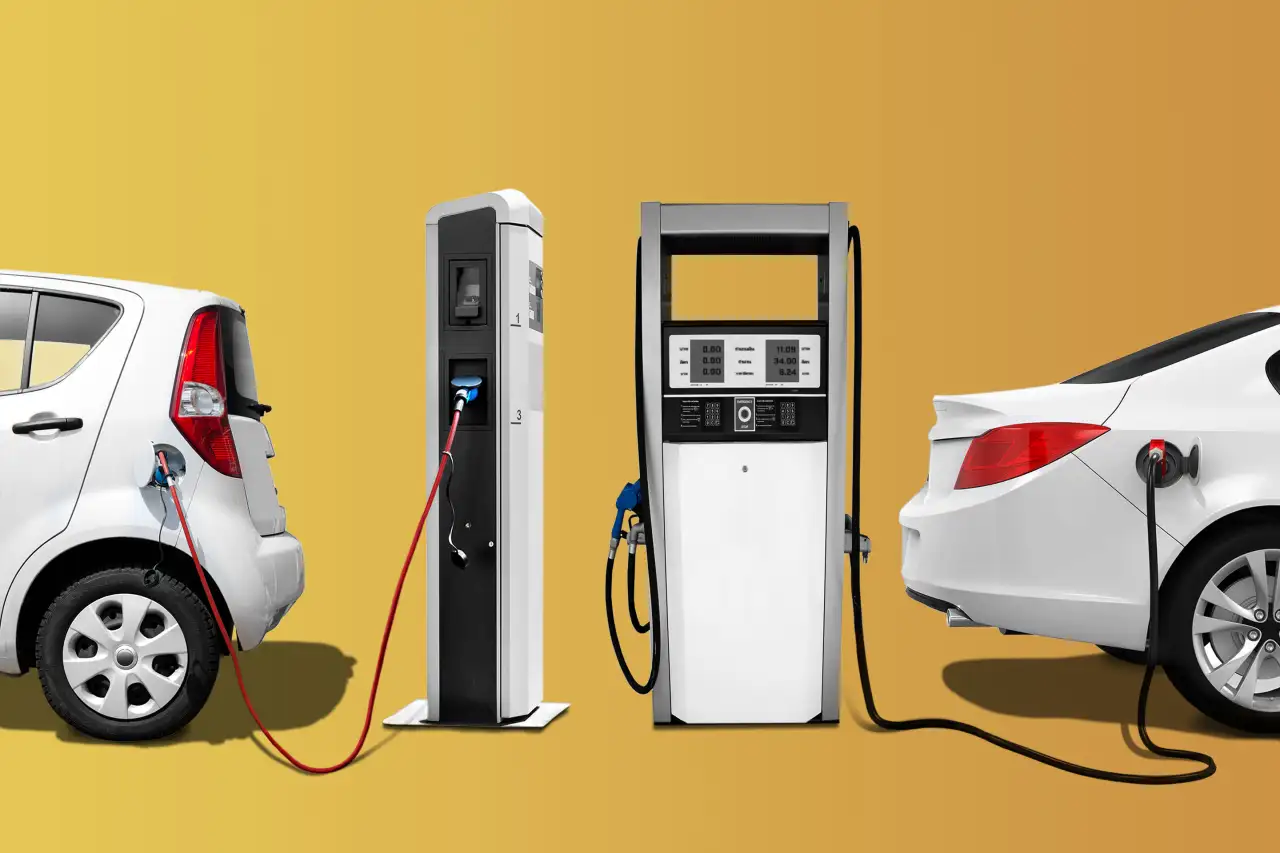Electric Vehicle VS Fuel Vehicle: Which one is better to go with?
There has been a lot of debate about whether electric vehicles (EVs) or fuel vehicles are better. Both have their own unique advantages and disadvantages, and the best option for you will depend on your individual needs and preferences.
EVs are powered by electricity, which is generated by a battery or fuel cell. They produce zero emissions, making them better for the environment than fuel vehicles, which run on gasoline or diesel. In addition to being better for the environment, EVs are also often cheaper to operate than fuel vehicles, since electricity is generally cheaper than gasoline or diesel.
One of the main advantages of EVs is their efficiency. Since they don't have to deal with the friction and other losses associated with internal combustion engines, EVs can convert more of the energy from their batteries into motion. This means that they can go further on a single charge than a fuel vehicle can go on a single tank of gas.
Another advantage of EVs is that they are generally very quiet, since they don't have the loud engine noise that fuel vehicles have. This makes them more pleasant to drive, and can be especially beneficial for people who live in urban areas where noise pollution is a problem.
However, one of the main disadvantages of EVs is that they can take a long time to recharge. Depending on the size of the battery and the type of charging station, it can take several hours to fully charge an EV, which can be inconvenient if you need to drive a long distance. In contrast, it only takes a few minutes to fill up a fuel vehicle with gas.
Overall, both EVs and fuel vehicles have their own unique advantages and disadvantages. The best option for you will depend on your individual needs and preferences.

Comments
Post a Comment
If you have any doubts. Please let me know.